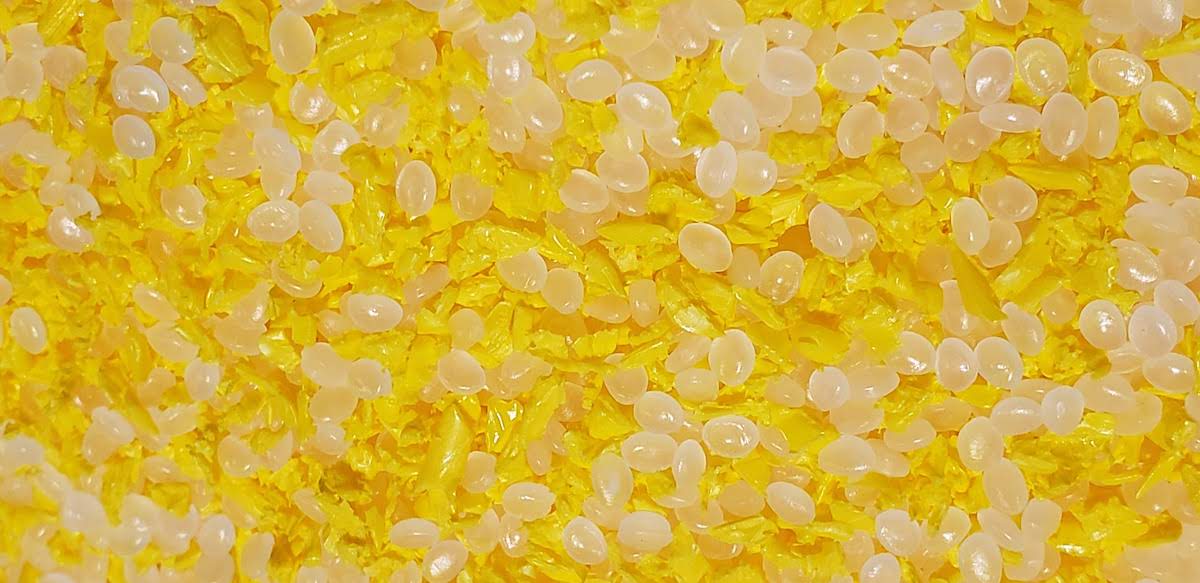
Post Industrial Resin Content (PIRC) is recycled plastic material that is derived from industrial waste such as scrap plastic and excess material from manufacturing processes. PIRC is collected, sorted, and processed into pellets or flakes that can be used in the production of new plastic products. PIRC is commonly used in applications where consistency of quality is important. Recycling PIRC helps to reduce plastic waste, conserve natural resources, lower greenhouse gas emissions, and can be more cost-effective than virgin plastic.
Differences between PIRC and PCR:
- Source of Material: PIRC is obtained from industrial waste, such as scrap materials generated during the manufacturing process. PCR, on the other hand, is obtained from consumer waste, such as plastic bottles or packaging.
- Quality of Material: PIRC tends to have a more consistent quality than PCR, as it is derived from controlled manufacturing processes, whereas PCR is more variable due to the differences in the types of plastics that are recycled.
- Availability: PIRC is generally more readily available than PCR, as industrial waste is generated in larger quantities than consumer waste.
- Cost: PIRC is often more cost-effective than PCR, as it requires less sorting and cleaning before it can be recycled.
- Environmental Impact: Both PIRC and PCR are beneficial for the environment as they reduce the amount of plastic waste that ends up in landfills or the ocean.
- Applications: PIRC is often used for more specialized applications, due to its consistent quality. PCR is more commonly used in consumer goods, such as plastic bottles or bags.
- Color: PIRC is typically available in a wider range of colors, as it is often produced from specific industrial waste streams that have a consistent color. PCR, on the other hand, can be more difficult to color consistently due to the variable nature of the recycled materials.
- Regulatory Requirements: In some cases, regulatory requirements may dictate the use of one type of recycled content over the other. For example, certain packaging applications may require the use of PCR to meet sustainability or recycling goals.
Ready to reduce your environmental footprint through recycled closure materials? Contact us today to get started.
